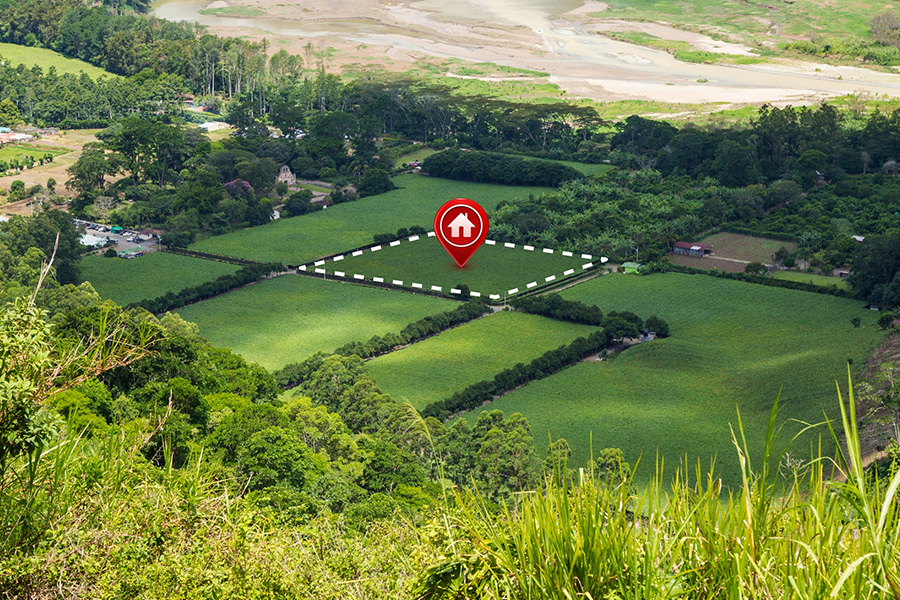
A balanced approach to digitizing land records is crucial to ensure transparency, accountability, and inclusivity, while protecting the rights of vulnerable groups.
Authors
K. Sudha, Damodaram Sanjivayya National Law University, Visakhapatnam, India
Ramanathan Anjana, Assistant Professor, Jindal Global Law School, O.P. Jindal Global University, Sonipat, Haryana, India
Summary
The digitization of land records is being promoted by the World Bank at scale, especially in developing countries. Efficiently maintaining land records can improve tenure safety and food security, reduce poverty, and aid democratic urbanization. While the 2030 Agenda for sustainable development encourages the use of new technology to administer land, it also forewarns that such initiatives ought to factor in digital divide.
These evolving processes tend to have a detrimental impact on the tenure rights of marginalized people who are devoid of both access and understanding of such modernization efforts. Through this paper, we examine digitization and associated land governance processes from a human rights perspective. To bring them to light, we compare digitization initiatives in both India and South Africa and draw lessons from them to address issues of equity, inclusion, and good governance in an increasingly digital world.
Published in: Comparative Law Review
To read the full article, please click here.

